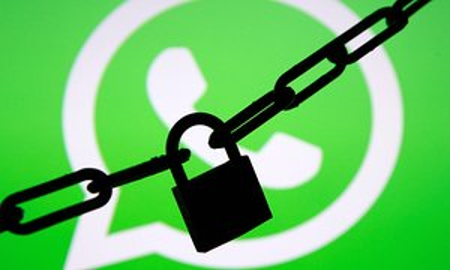
Breaking News
 MELANIA, the film, exclusively in theaters worldwide on January 30th, 2026.
MELANIA, the film, exclusively in theaters worldwide on January 30th, 2026.
 Hospitals murdered COVID patients. The more they killed, the more money they made.
Hospitals murdered COVID patients. The more they killed, the more money they made.
Top Tech News
 This tiny dev board is packed with features for ambitious makers
This tiny dev board is packed with features for ambitious makers
 Scientists Discover Gel to Regrow Tooth Enamel
Scientists Discover Gel to Regrow Tooth Enamel
 Vitamin C and Dandelion Root Killing Cancer Cells -- as Former CDC Director Calls for COVID-19...
Vitamin C and Dandelion Root Killing Cancer Cells -- as Former CDC Director Calls for COVID-19...
 Galactic Brain: US firm plans space-based data centers, power grid to challenge China
Galactic Brain: US firm plans space-based data centers, power grid to challenge China
 A microbial cleanup for glyphosate just earned a patent. Here's why that matters
A microbial cleanup for glyphosate just earned a patent. Here's why that matters
 Japan Breaks Internet Speed Record with 5 Million Times Faster Data Transfer
Japan Breaks Internet Speed Record with 5 Million Times Faster Data Transfer
 Advanced Propulsion Resources Part 1 of 2
Advanced Propulsion Resources Part 1 of 2
 PulsarFusion a forward-thinking UK aerospace company, is pushing the boundaries of space travel...
PulsarFusion a forward-thinking UK aerospace company, is pushing the boundaries of space travel...
 Dinky little laser box throws big-screen entertainment from inches away
Dinky little laser box throws big-screen entertainment from inches away
 'World's first' sodium-ion flashlight shines bright even at -40 ºF
'World's first' sodium-ion flashlight shines bright even at -40 ºF
The Whatsapp Scandal

Since adding the feature in April, 2016, the Whatsapp app (or really its parent, Facebook) has paraded its "end to end encryption" as the reason to use it above all other smartphone message applications. It can handle calls, messages, video, files and just about everything any computer can and, because it's encrypted end to end, nobody can read, see or hear any of it unless you want them to.
The pitch has worked; over a billion people now use the app and it is particularly prominent among people who need encryption -- the computer protocol that makes reading your message impossible for anyone but the person you're sending it to.
Activists, particularly, use Whatsapp to communicate everything from places for emergency demonstrations to important announcements to the latest information about their personal lives. Whatsapp is, in effect, a universe of communications for a billion people. It does everything and everything it does is encrypted. With Whatsapp, they've been saying, you are safe from intrusion and spying.

 The Prime Directive is Evil
The Prime Directive is Evil
 Don't Worry About Bitcoin
Don't Worry About Bitcoin

